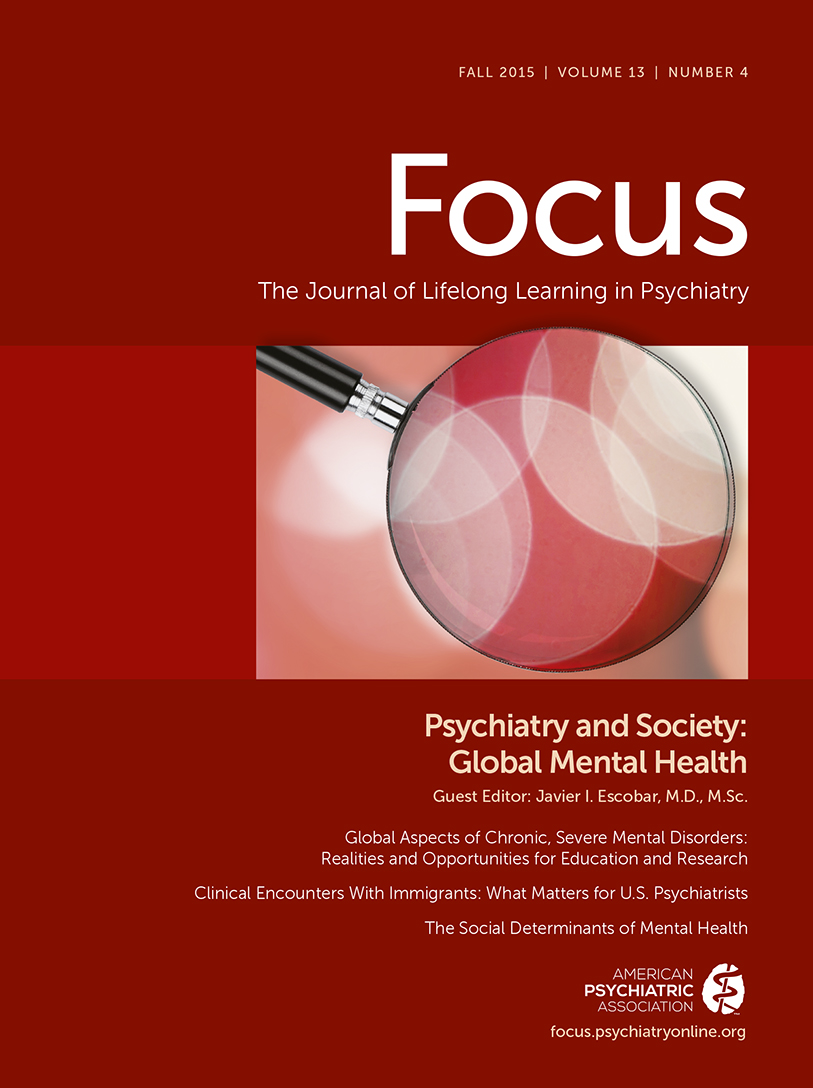Research as a Path for Educational Opportunities in Global Mental Health
Abstract
Demand for global medical education has grown dramatically among U.S. medical students and residents. At the same time, opportunities in global mental health present special challenges owing to a relative lack of interest in psychiatry among medical students, as well as the difficulties inherent in the associated stigma, lack of resources and manpower, human rights issues, and the cultural/language barriers that uniquely complicate engagement in clinical mental health settings. At Stony Brook School of Medicine, the Office for Global Medical Education has developed a program that sponsors 2 months of international summer research for second-year medical students. This program has made topics in mental health more accessible and has fostered participation in the school’s Scholarly Concentrations Program (medicine.stonybrookmedicine.edu/firstyearresources/mdscholar). Experience with this program suggests that medical students who demonstrate an early interest in psychiatry are more likely to identify their scholarly concentration in the area of humanities than in basic and translational research or global health. Global mental health offers an alternative to clinical neuroscience as a career path for students interested in psychiatry.



